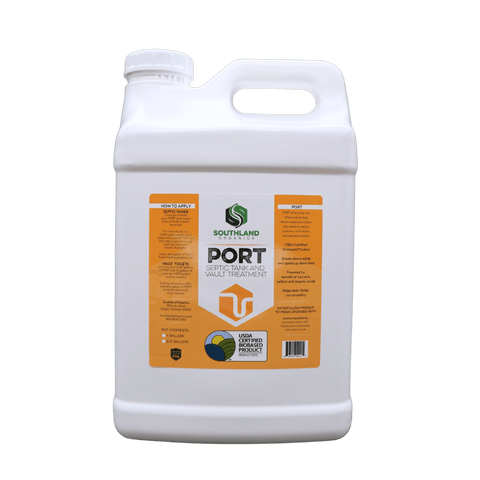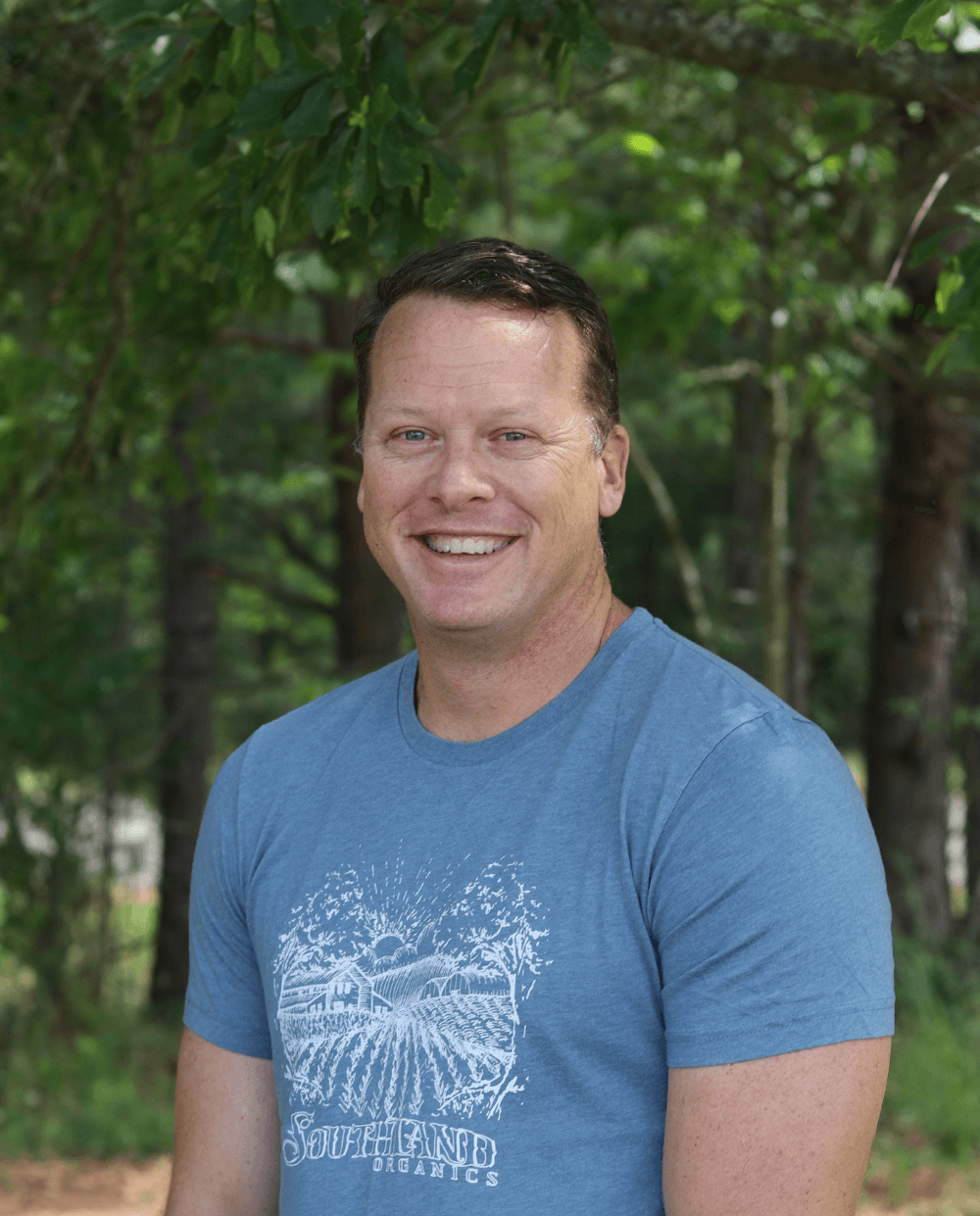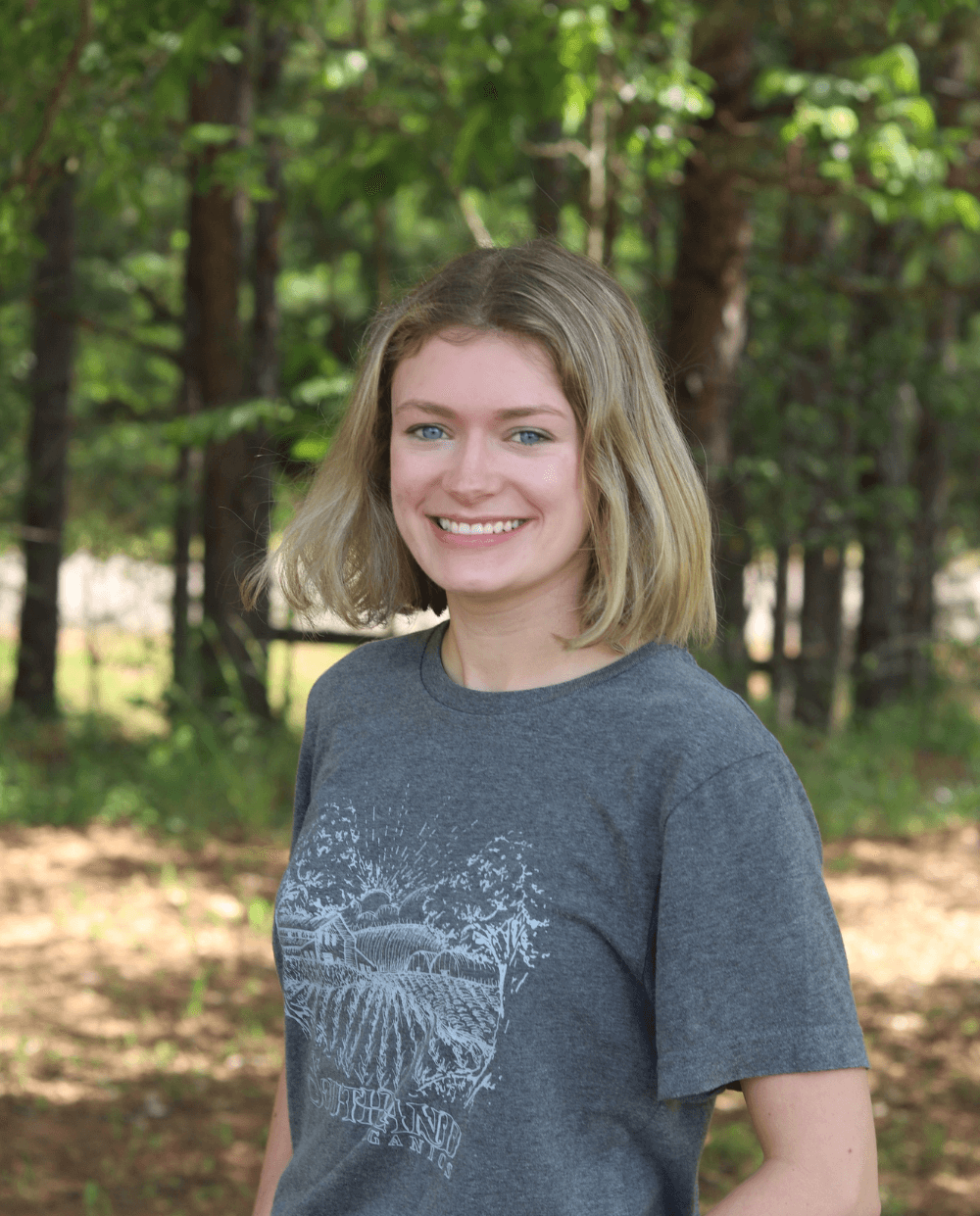Intro
In the world of commercial baking, where the scent of freshly baked goods fills the air, there's an often overlooked aspect critical to both the environment and the industry's sustainability—waste water management. A major full-service bakery in Northern Ohio faced a significant challenge with their waste water management. It needed to reduce the levels of Carbonaceous Biochemical Oxygen Demand (CBOD) and Total Suspended Solids (TSS) in its wastewater to meet the stringent requirements of the local municipal wastewater treatment plant. The bakery utilized PORT as a waste water treatment solution, employing science and sustainability to exceed their wastewater standards.
Problem: Reducing CBOD and TSS in Waste Effluent
A major full-service bakery in Northern Ohio needed to show reductions in CBOD and TSS so that its waste effluent could be granted acceptance into the local municipality' wastewater treatment plant. The core of the issue revolved around their wastewater management system. Before they could discharge wastewater into the local municipal treatment plant, they needed to significantly lower their Carbonaceous Biochemical Oxygen Demand (CBOD) and Total Suspended Solids (TSS) levels
The bakery's existing pretreatment facility was designed to manage and treat bakery waste efficiently. However, the facility was struggling to cope with the high levels of pollutants in the effluent. This scenario not only threatened the bakery's operations but also its environmental responsibility. Addressing this problem required an innovative approach, one that would ensure that its daily operations could proceed without interruption.
Challenge: Amplifying Existing Infrastructure
Facing the challenge head-on, the bakery's pretreatment plant was processing wastewater with daunting levels of contaminants. Daily, the influent had a CBOD range of 6,000 to 100,000 mg/l, suspended solids averaged at 6,000 mg/l, while oil and grease levels hovered between 800 to 1,000 mg/l.
Managing an average daily flow of 15,000 to 25,000 gallons, the facility relied on an aerobic treatment system. This system comprised two 50,000 gallon aerated tanks connected in series, a strategic setup designed to foster the breakdown of these contaminants through activated sludge processes.
After the wastewater journeyed through these tanks, it was directed onto a gravity belt. Here, a polymer was introduced into the stream—a crucial step aimed at enhancing the separation of solids from the water. This process represents a pivotal phase in the wastewater treatment, preparing the effluent for discharge by reducing its contaminant levels.
Yet, the high concentrations of CBOD, TSS, and oil and grease posed a significant hurdle, pushing the existing system to its limits and underscoring the need for an innovative treatment solution.
Solution: Pump PORT Into the Aerated Tanks

To address the formidable challenge of high CBOD, TSS and oil and grease levels in the wastewater, the bakery deployed PORT as a waste water treatment, a strategic intervention aimed at enhancing the biological activity within the aerated tanks.
This innovative treatment began with an initial shock dose of two gallons on the first day, followed by a sustained administration of 32 ounces daily for the subsequent ten days. This approach was designed to invigorate the microbial population responsible for breaking down the pollutants, thereby amplifying the efficiency of the existing treatment system.
As the microbial community thrived, it became more adept at digesting the complex compounds present in the wastewater, including the stubborn oil and grease fractions. To ensure the long-term success and sustainability of this solution, a final maintenance dosage of 16 ounces per day was established. This ensured that the system will remain optimized for ongoing pollutant reduction without disrupting daily operations.
Conclusion: Effluent was Accepted for Discharge to the Local Wastewater Plant
In a matter of days, the aeration tanks displayed a significant change, showcasing a darker brown hue that signified a healthier, more active biological environment. Notably, there was an absence of grease buildup on the paddles of the gravity thickener. Moreover, the bakery achieved a substantial reduction in polymer usage—cutting down by 70%—which showcases efficiency and cost savings in the treatment process.
Most impressively, the treated effluent being discharged to the local wastewater treatment plant now boasted drastically reduced contaminant levels: CBOD was lowered to an average of less than 200 mg/l, TSS to a range of 200-400 mg/l and oil and grease to an average of 15 mg/l or less. These figures not only met but in some cases, exceeded the stringent requirements set by the municipal wastewater treatment plant, exemplifying a commitment to environmental stewardship and efficiency within the commercial baking industry.






